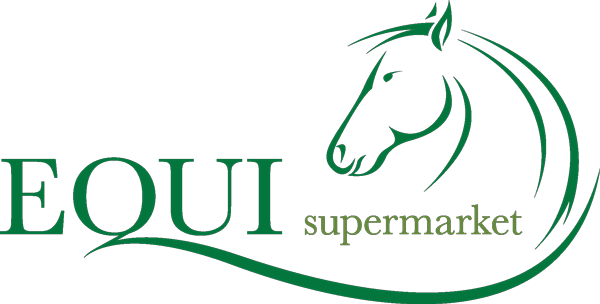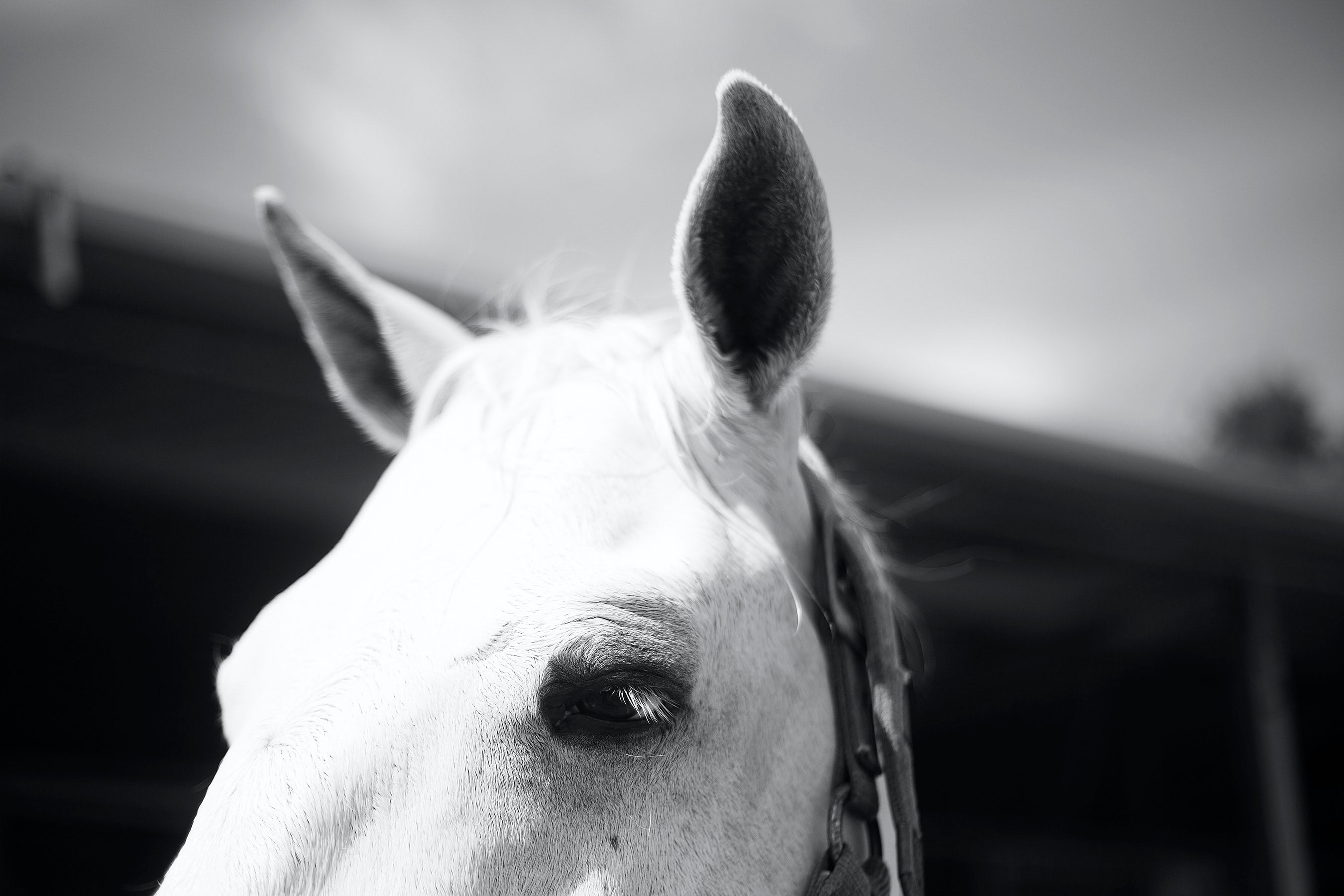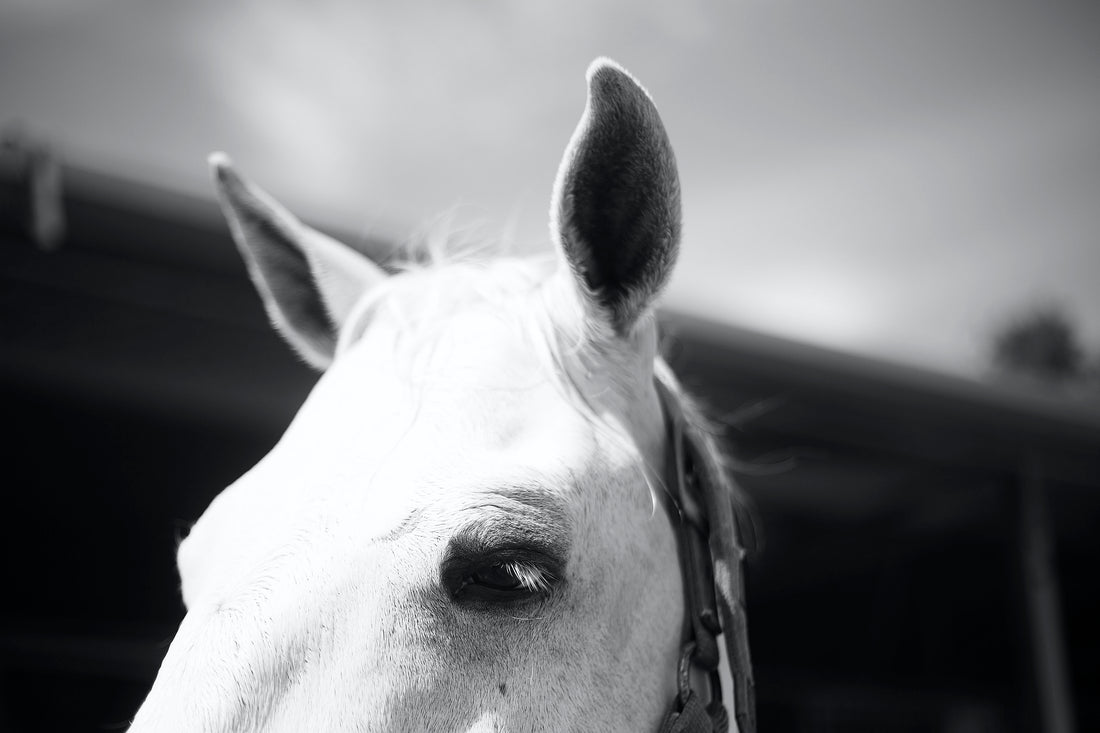The equine herpesvirus has two strains, EHV1 and EHV4. Both strains cause respiratory issues and abortion. EHV1 can also result in neurological problems which can lead to paralysis. Early signs of the disease include a raised temperature, coughing, nasal discharge and loss of appetite. A vet should see any horse that displays the symptoms of equine herpesvirus at the earliest opportunity. If they suspect the condition, then all horses which have come in contact with the sick animal should be confined to the yard until a diagnosis is confirmed. If the vet confirms equine herpesvirus, then the yard must closefor a period of 28 days.
Vaccination
Horses can carry the virus without showing any symptoms. Most older horses will have been exposed to the it at some point in their lives. This makes it almost impossible to isolate the source of any outbreak. It is possible to vaccinate horses against both strains of the virus but vaccination is only effective in preventing respiratory problems and will not address the neurological form of the infection. The says that you should only vaccinate healthy horses. Horses should not have the vaccination during an outbreak of EHV as this would increase the chance of a horse which is currently incubating the virus receiving the vaccine. If this happens then that horse has a greater chance of contracting a severe case of the disease. The vaccine will not be as effective when administered to a carrier of the virus as is it is for animals which have never come into contact with EHV. The vaccine is safe and routine vaccination from an early age helps to prevent the spread of EHV.
Recent Cases
Four horses from the same yard on the border of north Hertfordshire and south Bedfordshire have been put down in November 2016 following an outbreak of equine herpesvirus. These horses were suffering from neurological problems rather than simply respiratory issues. Two more horses are showing the symptoms of the disease and are being cared for in an isolation unit at a veterinary clinic. Two further animals have displayed symptoms but appear to be recovering well. The outbreak appears to be contained within the one yard. The yard involved has remained closed and they are following bio-security measures. Experts are reminding owners not to let their horses come into contact with other animals unnecessarily. It is also best not to share water buckets and not to graze horses away from home. These measures will greatly reduce the chances of a horse contracting the disease. The outbreak reminds us of how devastating this virus can be and how important it is to address possible cases quickly.


